Biswas Foundation fellowship to support postdoctoral health research at MIT
Biswas Family Foundation provides $12 million to fund innovation in life sciences.
.jpg) Founders Hope Biswas with Sanjit Biswas. / MIT
Founders Hope Biswas with Sanjit Biswas. / MIT
The Massachusetts Institute of Technology (MIT) will launch the Biswas Postdoctoral Fellowship Program in early 2026, backed by a $12 million gift from the Biswas Family Foundation. The initiative, announced on July 7, aims to accelerate innovation in health and life sciences by supporting early-career researchers through MIT’s Health and Life Sciences Collaborative (MIT HEALS).
The program will fund five postdoctoral fellowships annually over the next four years. Selected fellows will focus on a range of health care challenges, including the application of artificial intelligence in research, low-cost diagnostics, and interdisciplinary work connecting life sciences with economics, policy, and other fields.
MIT president Sally Kornbluth said the fellowship would further the university's efforts to develop scalable health care solutions. “An essential goal of MIT HEALS is to find new ways and opportunities to deliver health care solutions at scale, and the Biswas Family Foundation shares our commitment to scalable innovation and broad impact,” she told MIT.
“MIT is also in the talent business, and the foundation’s gift allows us to bring exceptional scholars to campus to explore some of the most pressing issues in human health and build meaningful connections across academia and industry,” Kornbluth added.
Anantha P. Chandrakasan, MIT’s chief innovation and strategy officer and head of MIT HEALS, described the program as a “world-class” effort. “We fully expect to attract top candidates from around the globe to lead innovative cross-cutting projects in AI and health, cancer therapies, diagnostics, and beyond,” he told MIT. The fellows will be chosen through a competitive process led by a committee of experts and will work alongside MIT faculty on high-impact research.
Angela Koehler, faculty lead of MIT HEALS and professor of biological engineering, emphasized the program’s alignment with the foundation’s mission to transform global health care through scientific advancement. “Health care is a team sport,” she said, adding that the initiative will foster collaborations across disciplines and institutions.
The fellowship is designed to support long-term research and collaboration, particularly in areas where AI and computational biology intersect with clinical applications. Koehler noted that the four-year term will allow fellows to “think big and take on projects at interfaces,” emerging as “bilingual researchers.”
Hope Biswas, co-founder of the Biswas Family Foundation, said the foundation was proud to partner with MIT. “Its focus on promoting interdisciplinary collaboration to find new solutions to challenges in health care aligns closely with our mission to advance science and technology to improve health outcomes at scale,” she told MIT.
The Biswas Foundation’s funding will help drive research that combines emerging technologies with health care delivery, contributing to what MIT HEALS calls a broader push to redefine biomedical innovation.
ADVERTISEMENT
ADVERTISEMENT
E Paper
Video




 Pranavi Sharma
Pranavi Sharma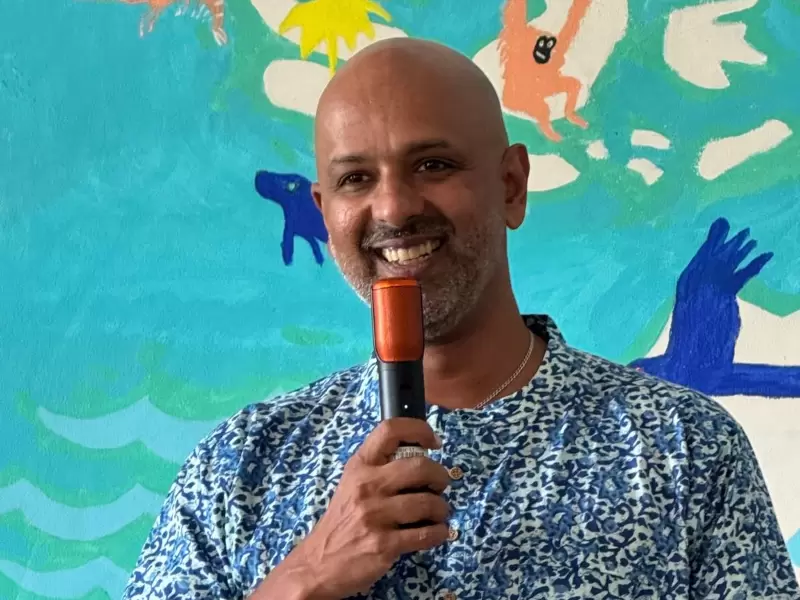
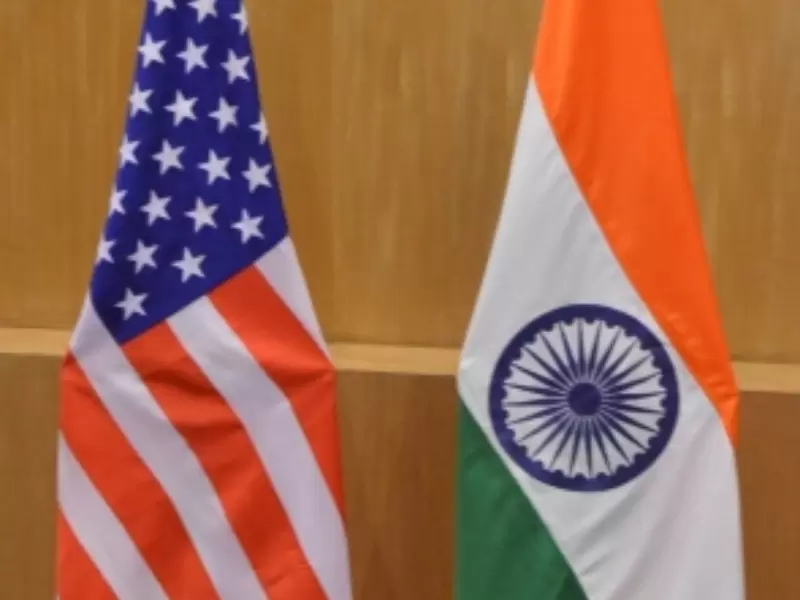
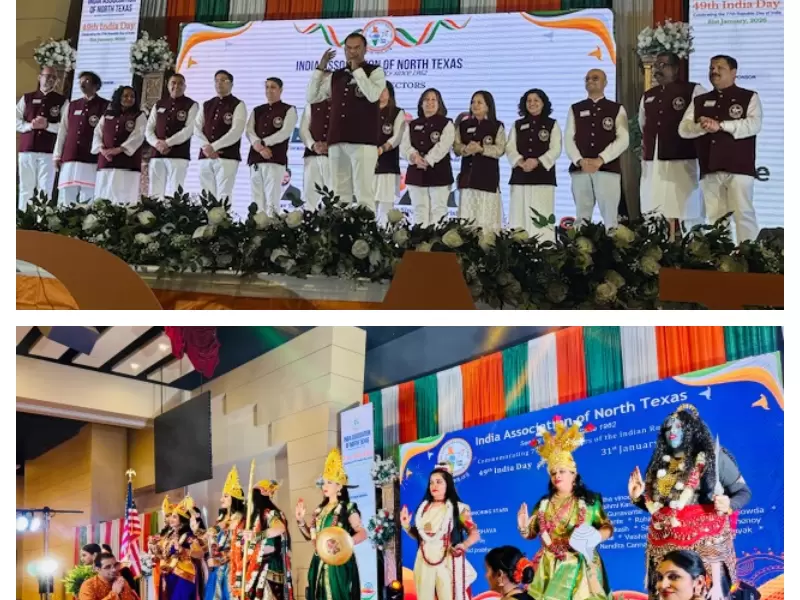

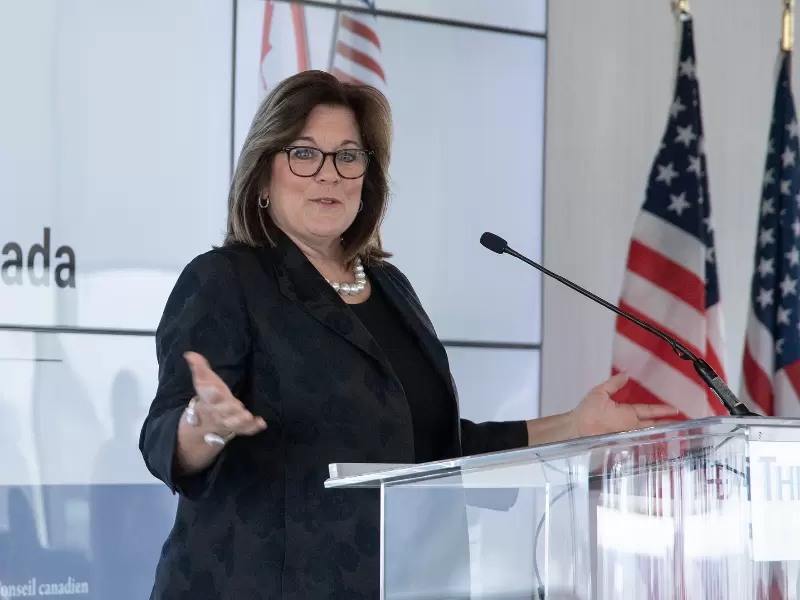
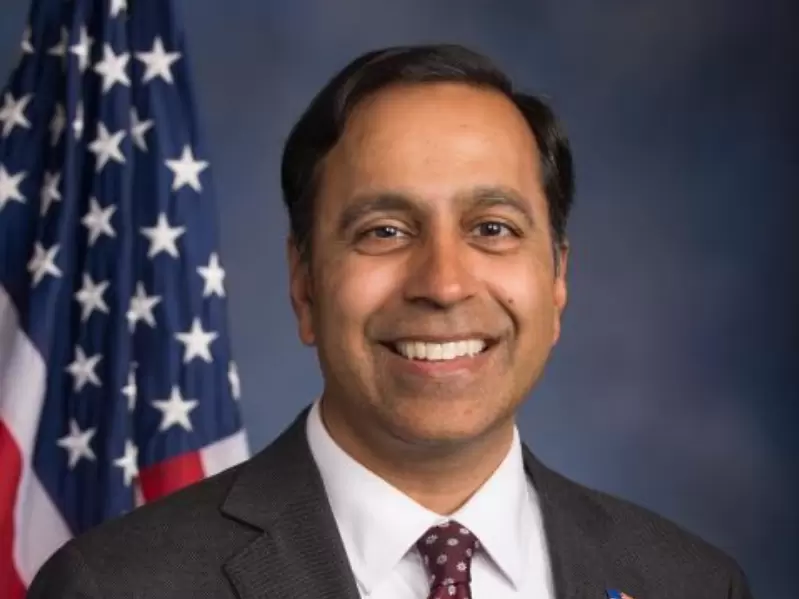
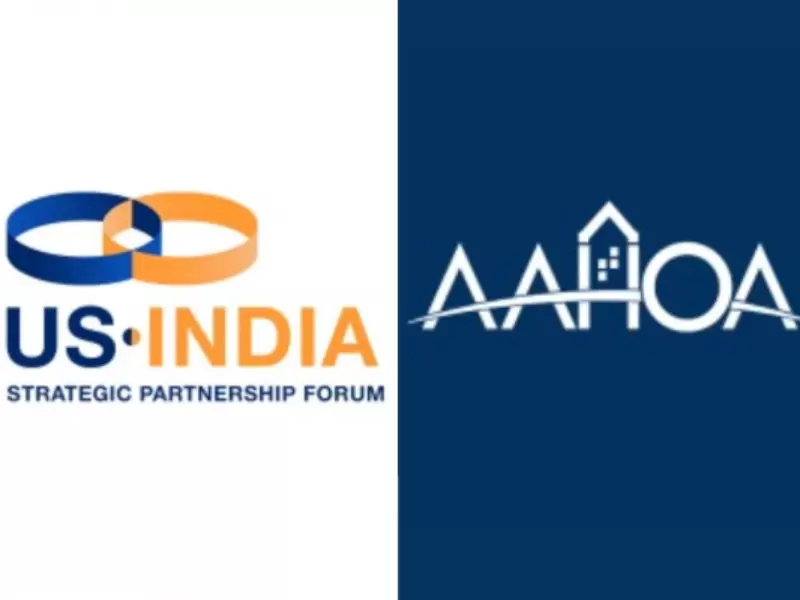

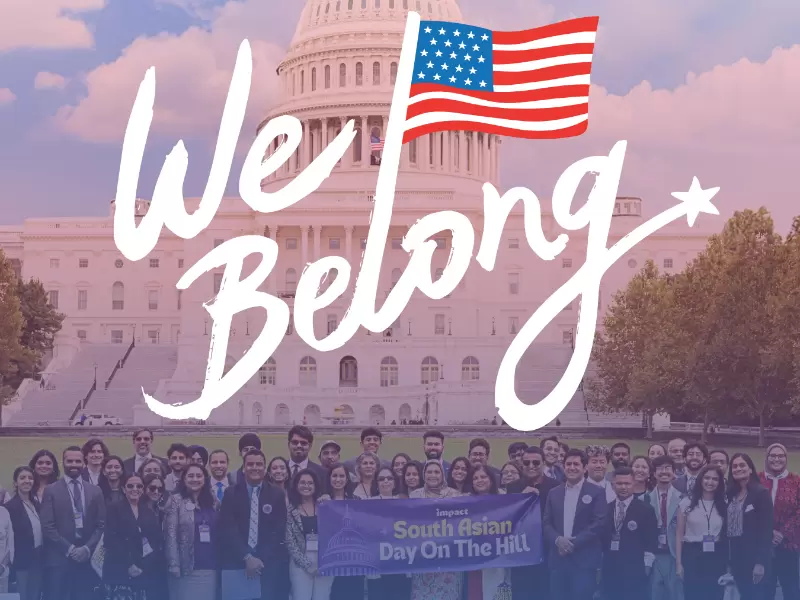
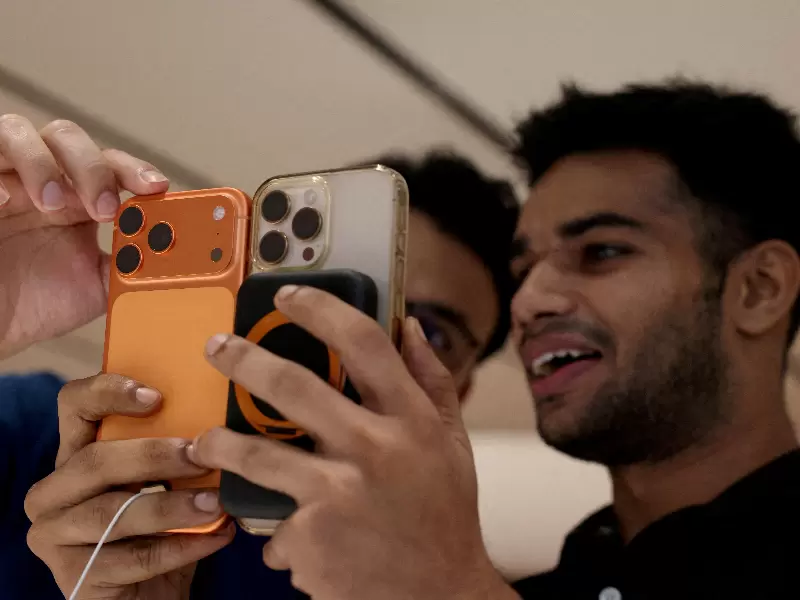




Comments
Start the conversation
Become a member of New India Abroad to start commenting.
Sign Up Now
Already have an account? Login